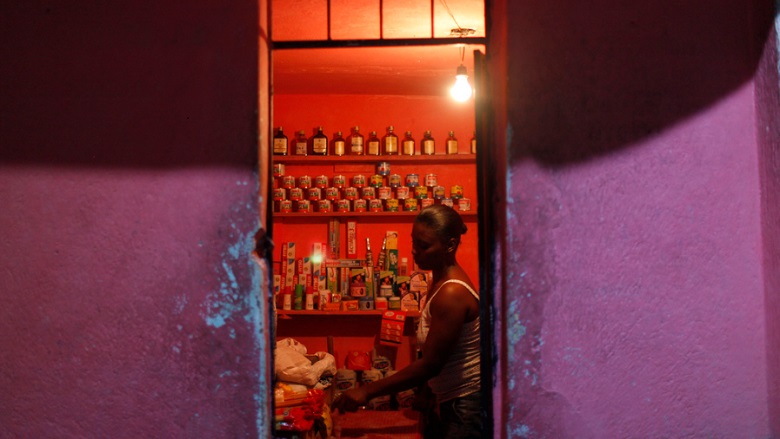Synopsis
Private sector development in Haiti has been constrained by poor access to finance: in 2010, just 35 percent of small businesses had sufficient access to credit. Recognizing that financial leasing — renting equipment with the option to buy at the end of the contract — could supply an effective means of providing businesses with much-needed equipment while reducing the risk for lenders, Haiti worked to create such a structure to unlock finance for small businesses in one of the poorest countries in the western hemisphere.
Challenge
Small- and medium-sized enterprises (SMEs) account for 80 percent of employment in Haiti. Yet most struggled to raise resources to invest in capital improvements because lenders are reluctant to finance businesses with limited credit history and little collateral. In countries facing similar constraints, leasing has proven to be a successful lending facility. Until recently, however, unfavorable regulations and a lack of expertise among financial institutions hindered the emergence of a functioning leasing market in Haiti.
Approach
The World Bank and International Finance Corporation provided joint comprehensive support to the Government of Haiti to establish a legal and regulatory framework for leasing and to build the Central Bank’s capacity to supervise the new sector, resulting in the issuance of its first leasing license. The Leasing Haiti Project engaged in extensive capacity building to develop technical understanding and knowledge of leasing in the public and private sectors, training over 300 SMEs across the country. In addition, the project led the creation of a greenfield leasing entity, the first Bank-financed project to do so. The project supported the Alternative Insurance Company in creating a new subsidiary, Ayiti Leasing (AL), which launched operations as the first licensed entity in Haiti specialized in leasing. The Bank helped AL to develop its organizational structure, products, systems, and procedures and to adapt international best practices to local conditions and provided extensive on-the-ground support to build AL’s in-house capacity.
Results
Bank Group Contribution
The World Bank Group, through the International Development Association and International Finance Corporation, administered trust fund grants to support the project, including grants from the Spanish Fund for Latin America (approximately US$150,000), the Netherlands-IFC Partnership Program (US$ 18,000), and USAID (approximately US$ 240,000). to Project
Partners
A collaborative approach between the World Bank and the International Finance Corporation (IFC) was critical to creating a new market for leasing in Haiti. Jointly, the World Bank and IFC were able to push the boundaries of prior advisory engagements in leasing that had been implemented in other regions to help Haiti create a greenfield leasing entity that has already begun to have an important demonstration effect in the country.
Beneficiaries
“One of the most significant constraints facing Haiti’s private sector is the lack of access to finance. Many entrepreneurs simply can’t get an affordable loan to buy equipment. Leasing offers an innovative solution to help small and medium businesses. Our goal is to become the strategic partner for a new generation of dynamic Haitian entrepreneurs, who are critical to transforming our economy.” — Olivier Barrau, President of the Board of Ayiti Leasing
Moving Forward
Additional financial entities have already contacted IFC to request assistance with the development of leasing operations in Haiti. Strong demand from the market for leasing, evidenced by the fact that equipment suppliers have expressed interest in becoming AL's strategic partners, indicates promising prospects for the company and for the growth of Haiti’s leasing industry.
Last Updated: Apr 22, 2020
